We're about to enter the coldest season!
How should we maintain our health during the coldest times? Priyo Bagus Hadiwaskito, an Indonesia student from Zhejiang Chinese Medical University, got up early to exercise and read in the morning, but it seems like he’s doing the opposite! Priyo sought help from his teacher, Xu Ningjun, and discovered that in winter, it's necessary to get up later to preserve the body's yang energy. He learned a few moves from the Classics of Tendon Changing(Yi Jin Jing)with his teacher, trying to work a way out. Click the video and learn with him!
Solar Terms and the Universe is a special video series jointly produced by Hangzhoufeel, the International Education School of Zhejiang Chinese Medical University, and the International Relations Office of ZCMU. Each episode provides you with intimate knowledge about Solar Terms and health tips.
Do you remember the "Picture of Dispelling Cold in the Nine-Nine Period" we introduced to you during Winter Solstice?Now we are about to enter the third nine-day period after the winter solstice, which will be coldest in a year!
Minor Cold is the penultimate solar term of winter. After the Winter Solstice, cold air frequently moves southward, and the coldness keeps accumulating. In ancient China, a period of nine days was used to tally the cold weather, with the coldest times being the "Three Nines" and "Four Nines," which correspond to the solar terms of Minor Cold(Xiao Han)and Major Cold(Da Han)respectively.
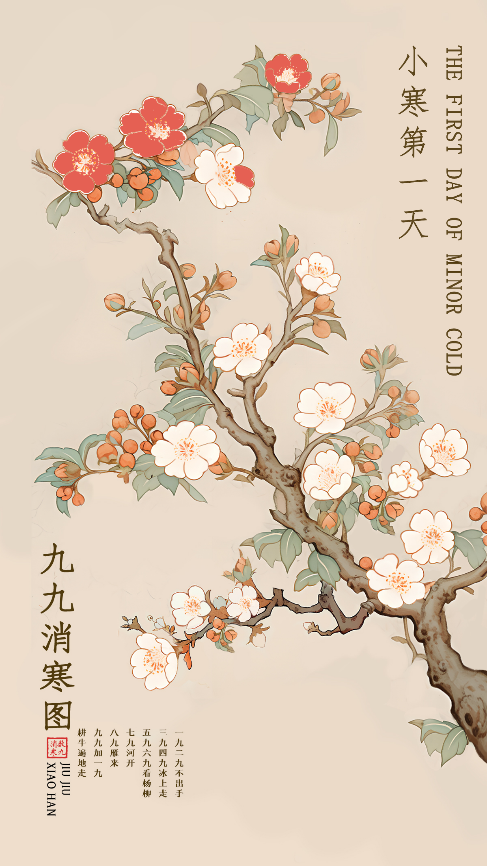
Three Dos
1) Exercise slowlyIn winter, when all things hibernate, people should reduce activity both in intensity and quantity, and be half a beat slower, to be in line with the characteristics of nature, and to avoid disturbing yang energy. When exercising, it is enough to sweat slightly sweat. It is recommended to take some mild forms of exercises, such as jogging, shuttlecock kicking, boxing, and walking.
2) Stay warm and cold-proof
Winter is a season prone to cardiovascular and cerebrovascular diseases, as well as joint pain and colds, making keeping warm extremely important. When going out, please make sure to keep your head, chest, back, and legs warm.
3) Set your mind at ease
In the coldest times, you can bask in more sunlight and spend more time with friends and family to keep your spirits up, which will help your body feel more comfortable.
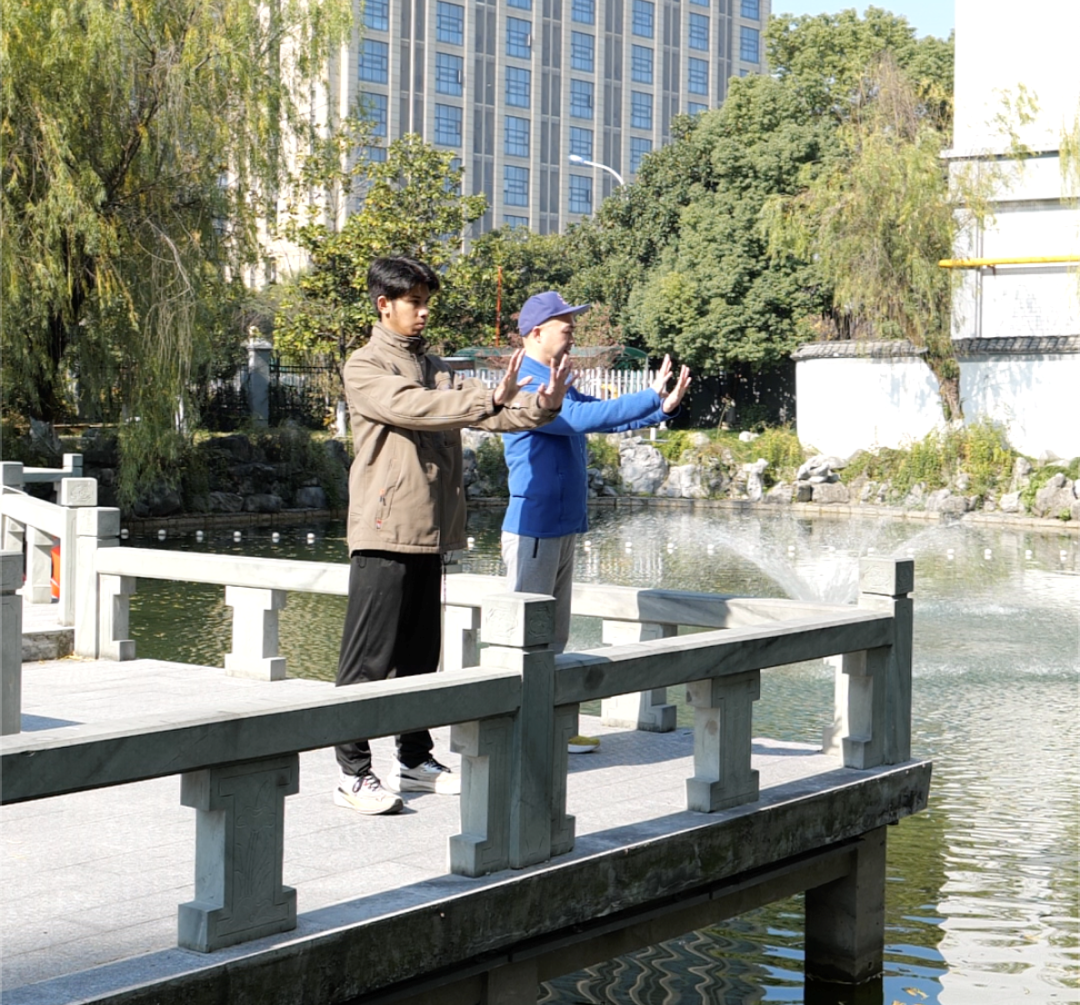
Three Don'ts
1) Do not sleep insufficientlyIn winter, days short and nights long, and we should follow the natural law to maintain adequate sleep. If you don't get enough sleep, your immunity will also decrease.
2) Do not take improper nourishment
Although winter is the best time for tonification, do not eat tonics indiscriminately. A diverse diet and balanced nutrition are good enough.
3) Do not get confined to the house
Although the Minor Cold marks the coldest time, you should not keep doors and windows closed for a long time, as it can lead to respiratory diseases. Remember to open windows for ventilation in the morning and evening, and you can also go outdoors for appropriate exercise to dispel the cold, warm up, and strengthen your physique.
The Classics of Tendon Changing(Yi Jin Jing), originating from ancient Chinese martial arts and health studies, helps practitioners strengthen their muscles and bones, harmonize qi and blood, and cultivate their character with its unique postures and breathing methods.
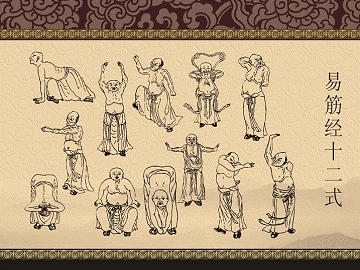
Diagram of the Twelve Styles of the Classics of Tendon Changing
In today’s episode, Teacher Xu leads us through a simple practice of a few postures. In fact, each move of the Classics of Tendon Changing corresponds to health benefits, regulating organs such as the heart, lungs, spleen, kidneys, liver, and gallbladder.
For example, the first move helps to exercise the strength of the upper limbs; the fifth move helps to exercise the chest and back muscles and the respiratory system.For more specific practices, you may search on the internet for more videos to follow along, but always pay attention to the breathing coordination and exercise within your limits!
Journalist: Wang Jiao
Editor: Daria Fominykh
Senior editor: Zhou Ji, Li Zheng
Source: Hangzhoufeel
Events
More+-
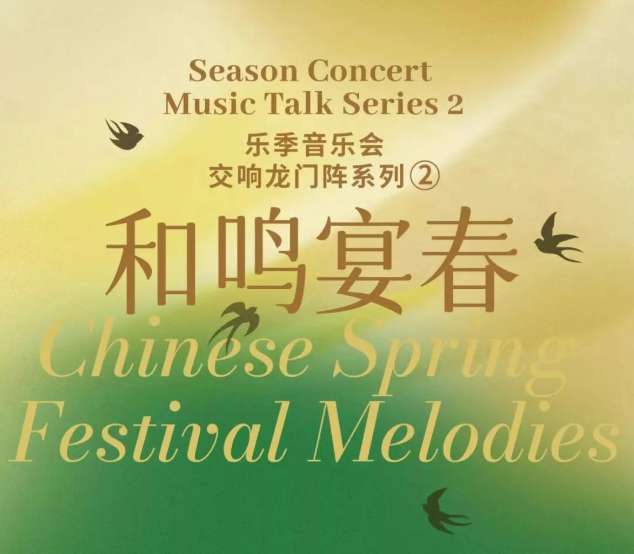
Chengdu Symphony Orchestra2025-2026 Season Concert—Music Talk Series 2“Chinese Spring Festival Melodies”
-
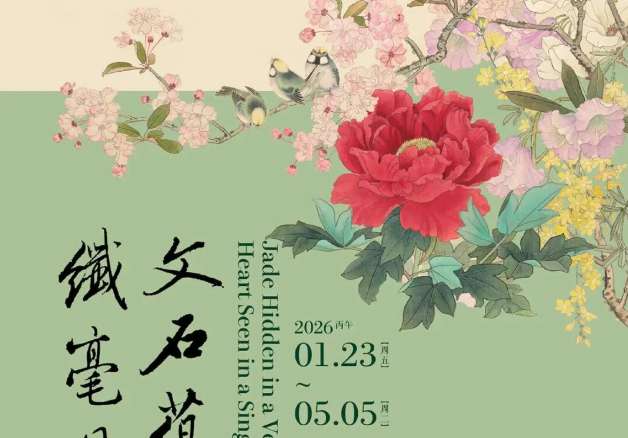
Exhibition of Zhao Yunyu’s Calligraphy and Painting from the Chengdu Museum Collection
-
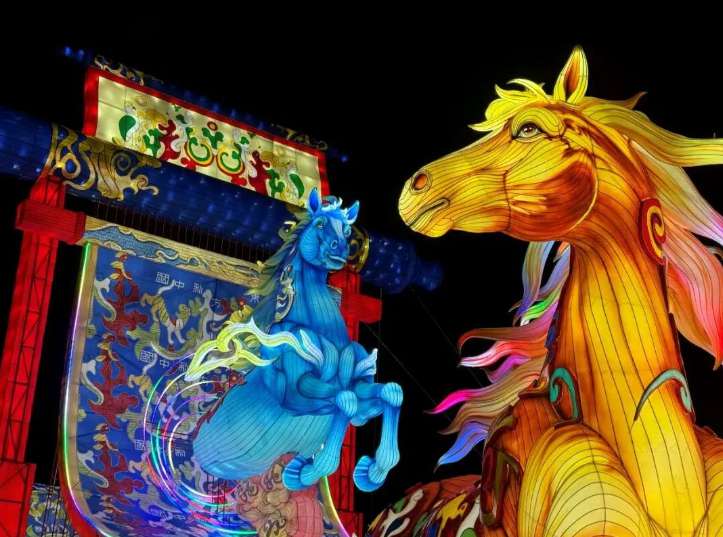
The 55th Chengdu InternationalPanda Lantern Festival
-
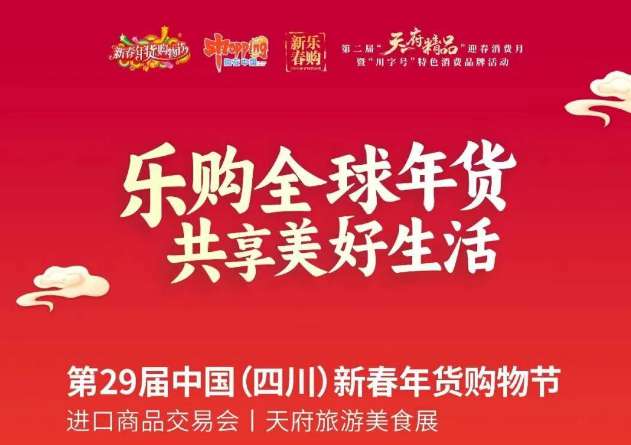
The 29th China (Sichuan) New Year Shopping Festival
-

2026 BJ Online New Year Shopping Festival Unfolds



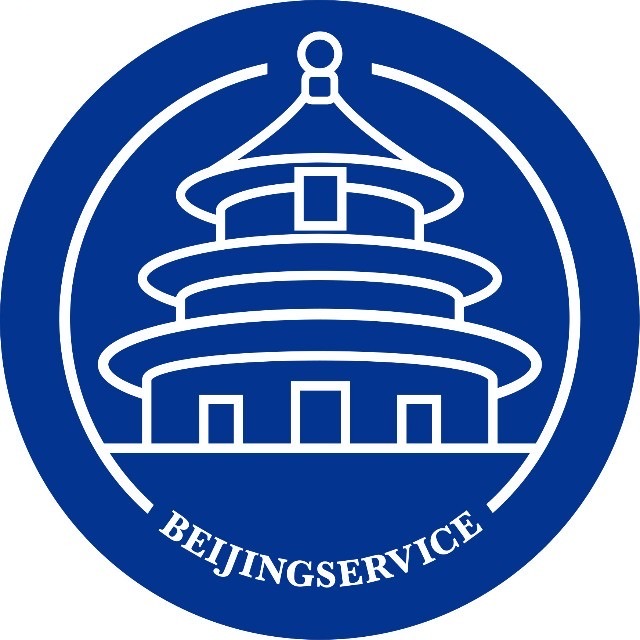
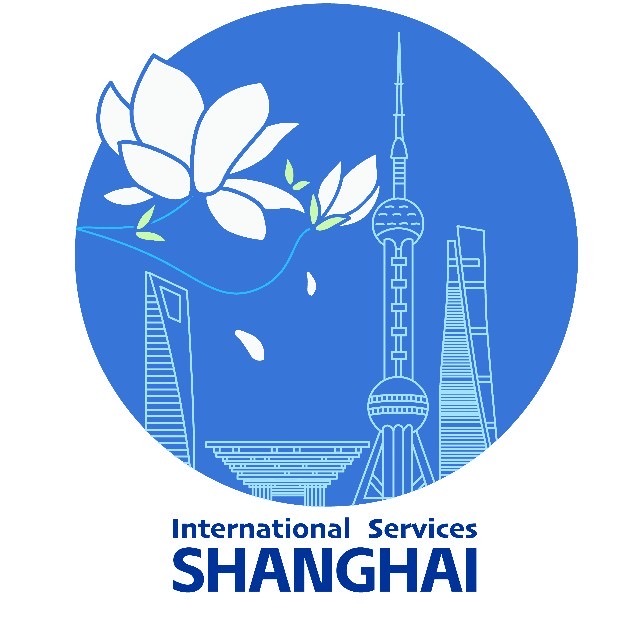



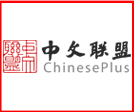
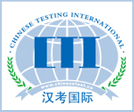
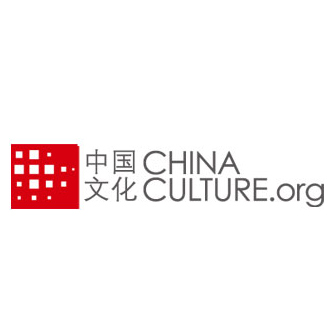
 京公网安备
京公网安备